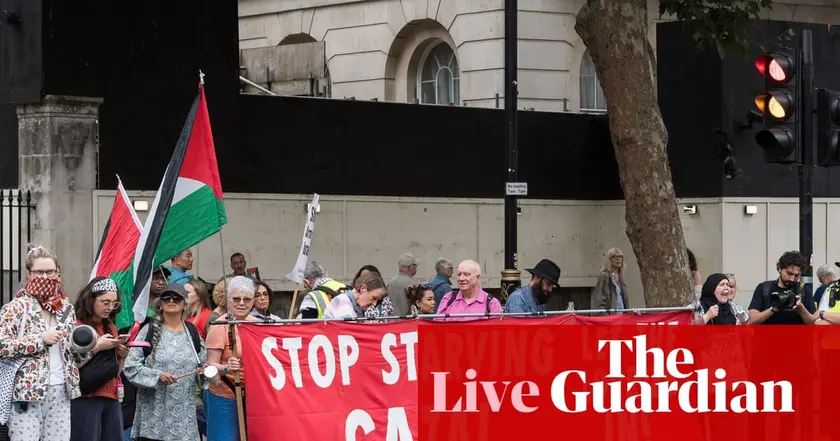T4K3.news
Bolivia election shifts power toward right
Two right wing candidates lead the race as MAS faces decline amid inflation and shortages, with a possible runoff shaping the political landscape.
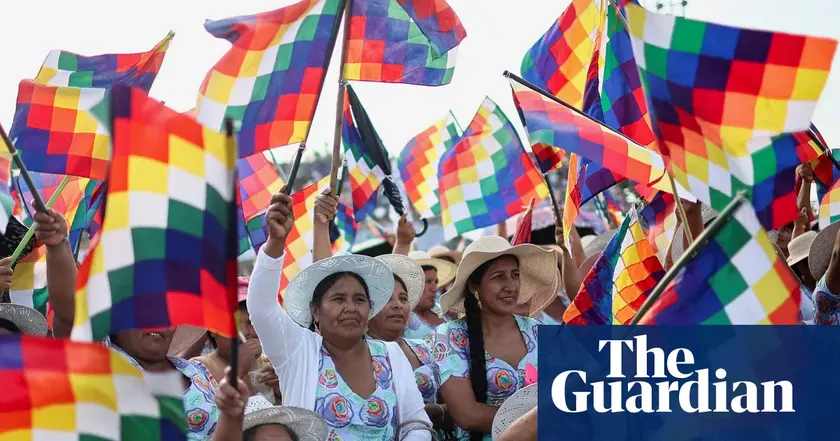
Two leading presidential candidates are right wing and the leftist MAS party faces potential extinction in a country facing an economic crisis and political uncertainty.
Bolivia moves toward a rightward shift as Mas era ends
Two frontrunners, Samuel Doria Medina and Jorge Quiroga, are consolidating their lead in Bolivia's presidential race as the leftist MAS party shows signs of shrinking influence after nearly two decades in power. Medina, a 66 year old business magnate, and Quiroga, a former president now campaigning as an outsider, frame themselves as agents of change amid a demanding economic backdrop. President Luis Arce, who chose not to run again, backed Eduardo del Castillo as the MAS candidate; Del Castillo remains well behind the leaders and risks losing MAS's legal status if his vote share falls below the 3 percent threshold to stay registered. Economists point to 24.8 percent inflation in July 2025 and shortages of dollars and fuel that intensify queues for bread and other basics. The economic strain comes as Bolivia, once buoyed by a gas boom, now faces dwindling reserves and a political symbol in Plaza Murillo—the backwards clock installed in 2014—that many see as a sign of MAS’s fading reign.
Key Takeaways
"Arce will go down in history as the one who buried the father, seized the party and, in all likelihood, led it to its end"
Analyst Gonzalo Chávez Alvarez on MAS’s future
"Everything is more expensive, and we’re barely getting by"
Pablo Quispe, a street vendor in El Alto
"When we have a new president, I bet it’ll be one of the first things to go"
Physicist Francesco Zaratti on the clock symbolism
"Voting for Doria or Quiroga means voting for imperialism and for the US to retake control of Bolivia"
Leticia Guarachi Padilla, leftist entrepreneur, on the election choice
The race reveals a deeper shift in Bolivian politics. A once dominant left faces a crisis of legitimacy as economic pain erodes support for MAS, while two right wing veterans present themselves as proven managers who can stabilize the economy. The symbolism around the Plaza Murillo clock adds a cultural layer to the squeeze many voters feel between tradition and change. Morales remains a powerful, polarizing figure, but his absence from the ballot is intensifying fragmentation within the left. If Del Castillo cannot maintain MAS’s registration and mobilize voters, the party could fade from national politics, reshaping alliances for years to come. A potential runoff on October 19 would be a watershed moment, likely forcing uneasy coalitions and new fault lines across regional and social groups.
Highlights
- History is watching Bolivia's ballot
- A clock moves left while hunger grows
- Change comes with a price voters will pay
- Bolivia chooses a path that could redefine its future
Political and Economic Sensitivity Heightens Risk
The election centers on a polarized contest with potential for protests, economic strain, and unresolved legal questions about party registration. The situation could trigger political backlash or social tension if results are disputed or if MAS loses influence historically tied to a broad base.
In a country where symbols meet policy, the next administration may decide which history Bolivia chooses to keep
Enjoyed this? Let your friends know!
Related News
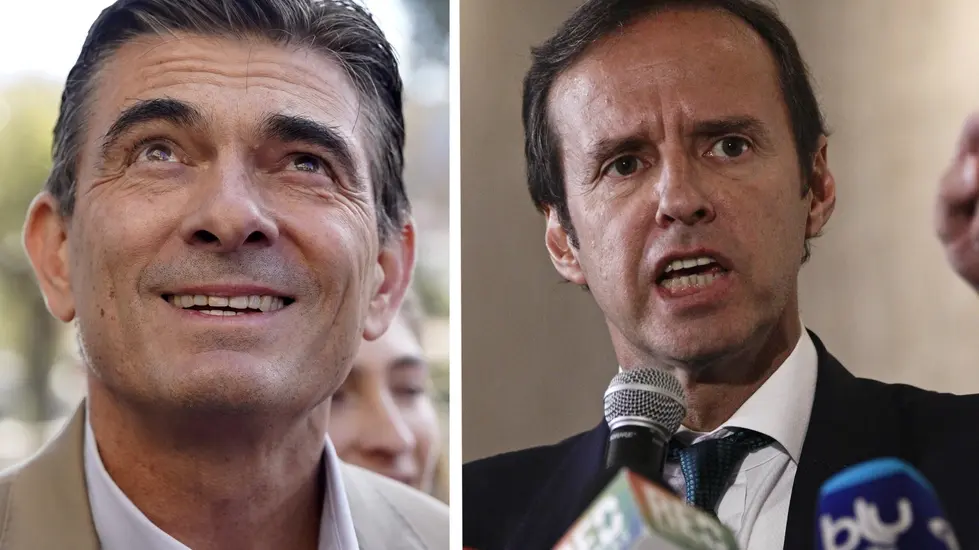
Bolivia heads to runoff after centrist lead
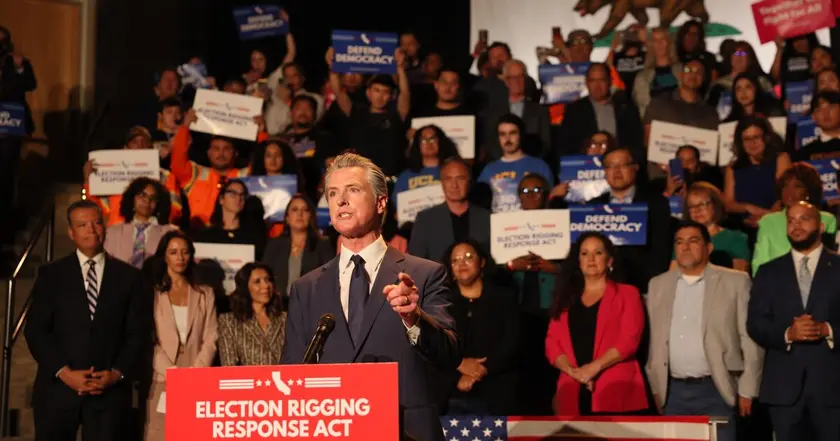
Newsom pushes November ballot to redraw districts
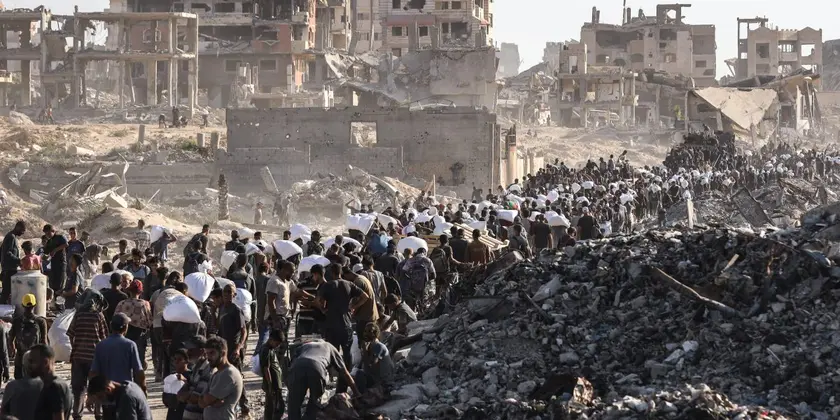
Increased Global Pressure on Israel Due to Gaza Actions
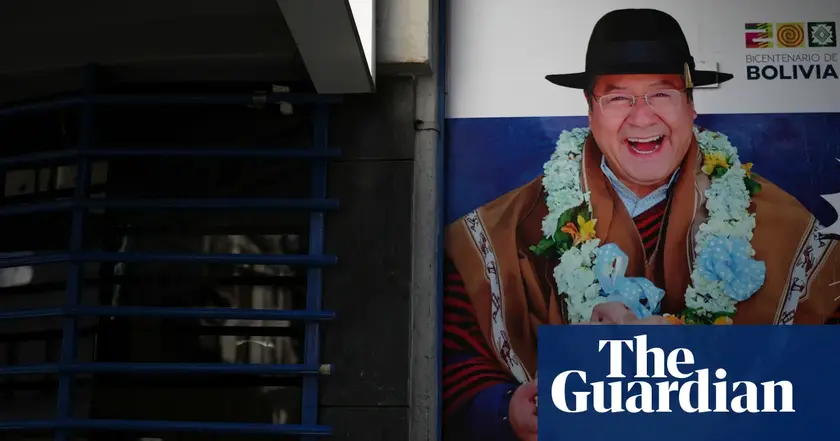
Bolivia faces pivotal election
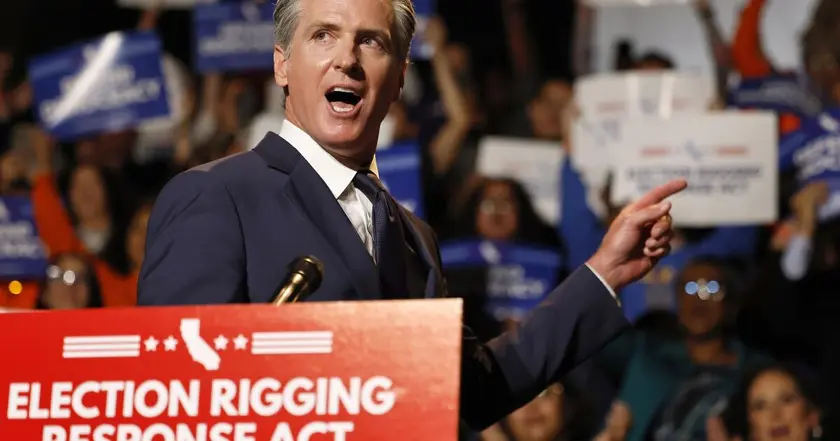
Newsom plan could reshape California redistricting

AfD leads in Germany after new poll
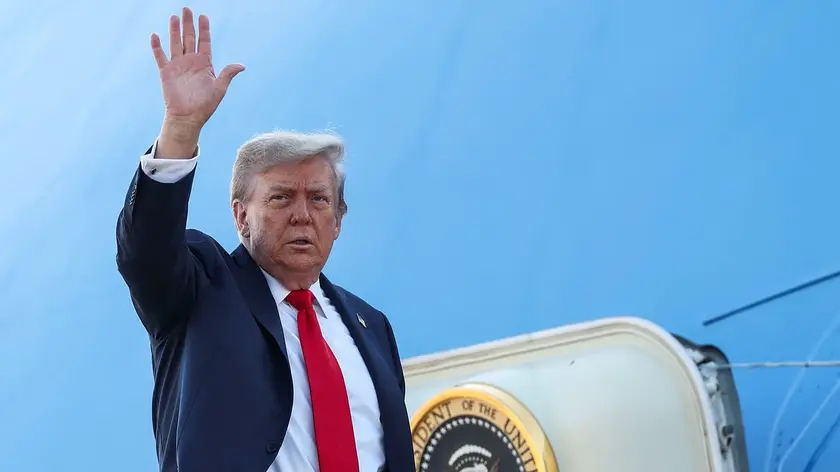
Global power realignment under way
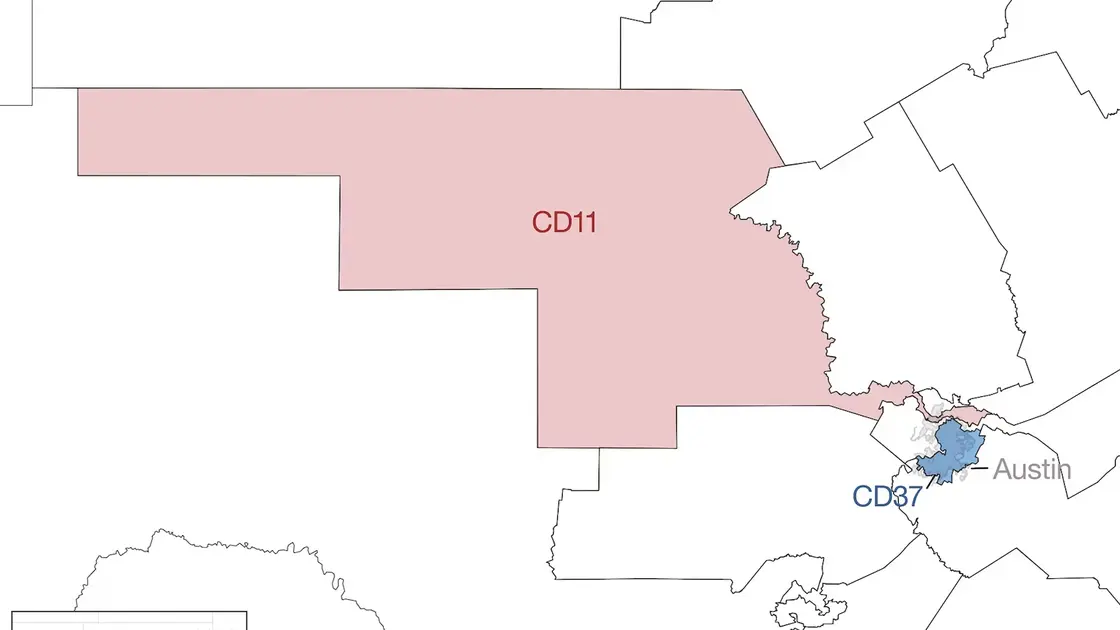
Texas redistricting moves Austin voters into distant rural districts
